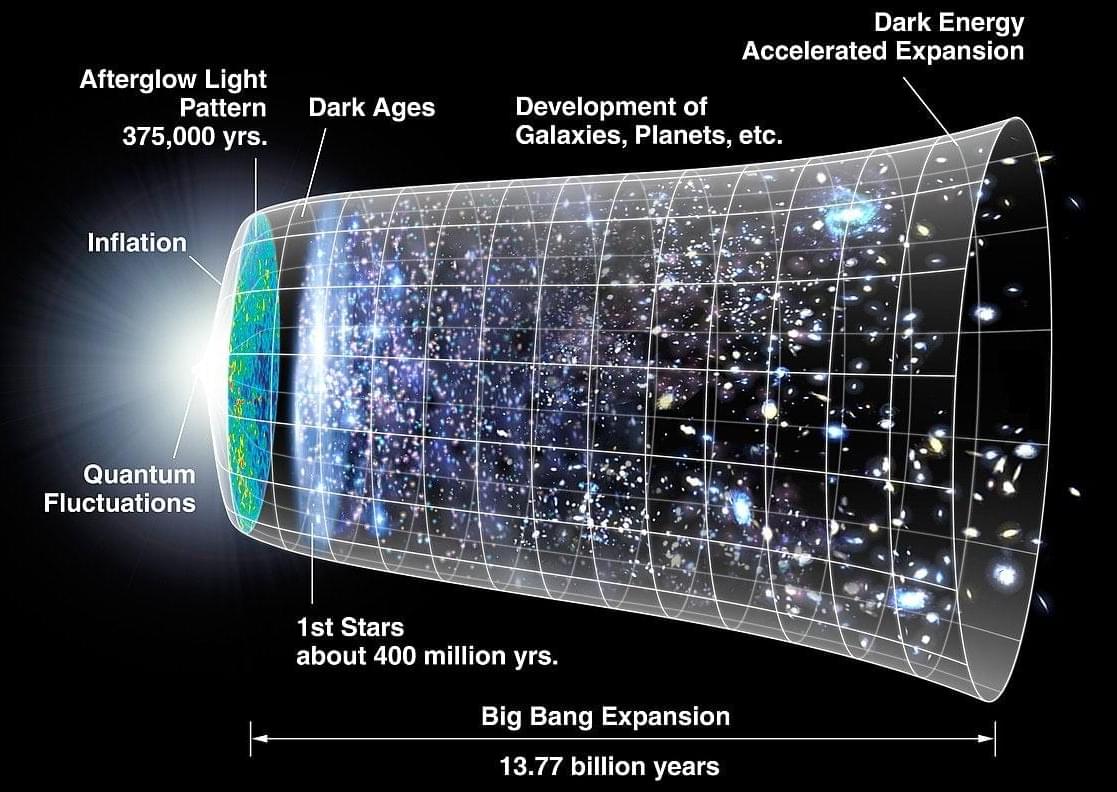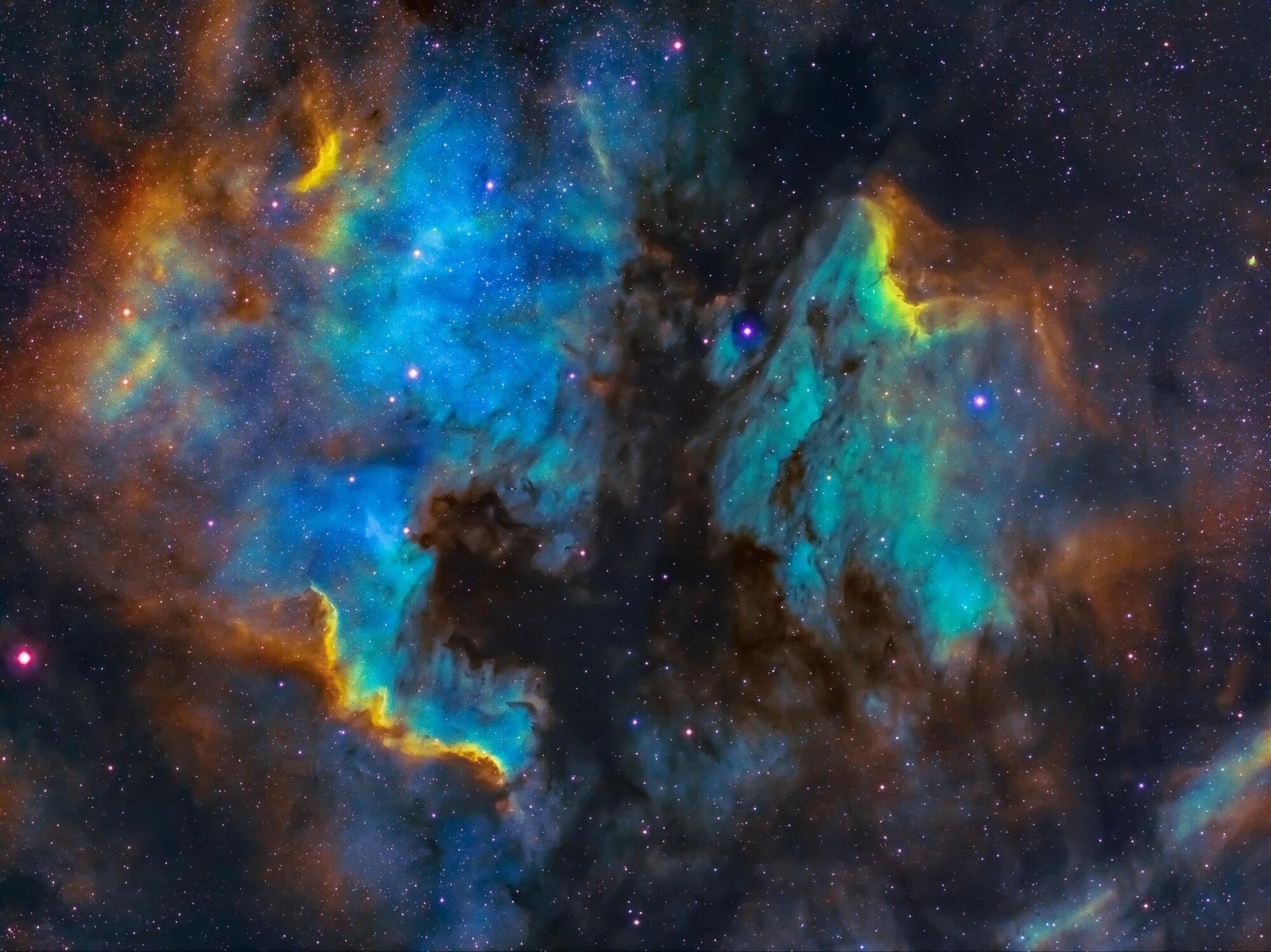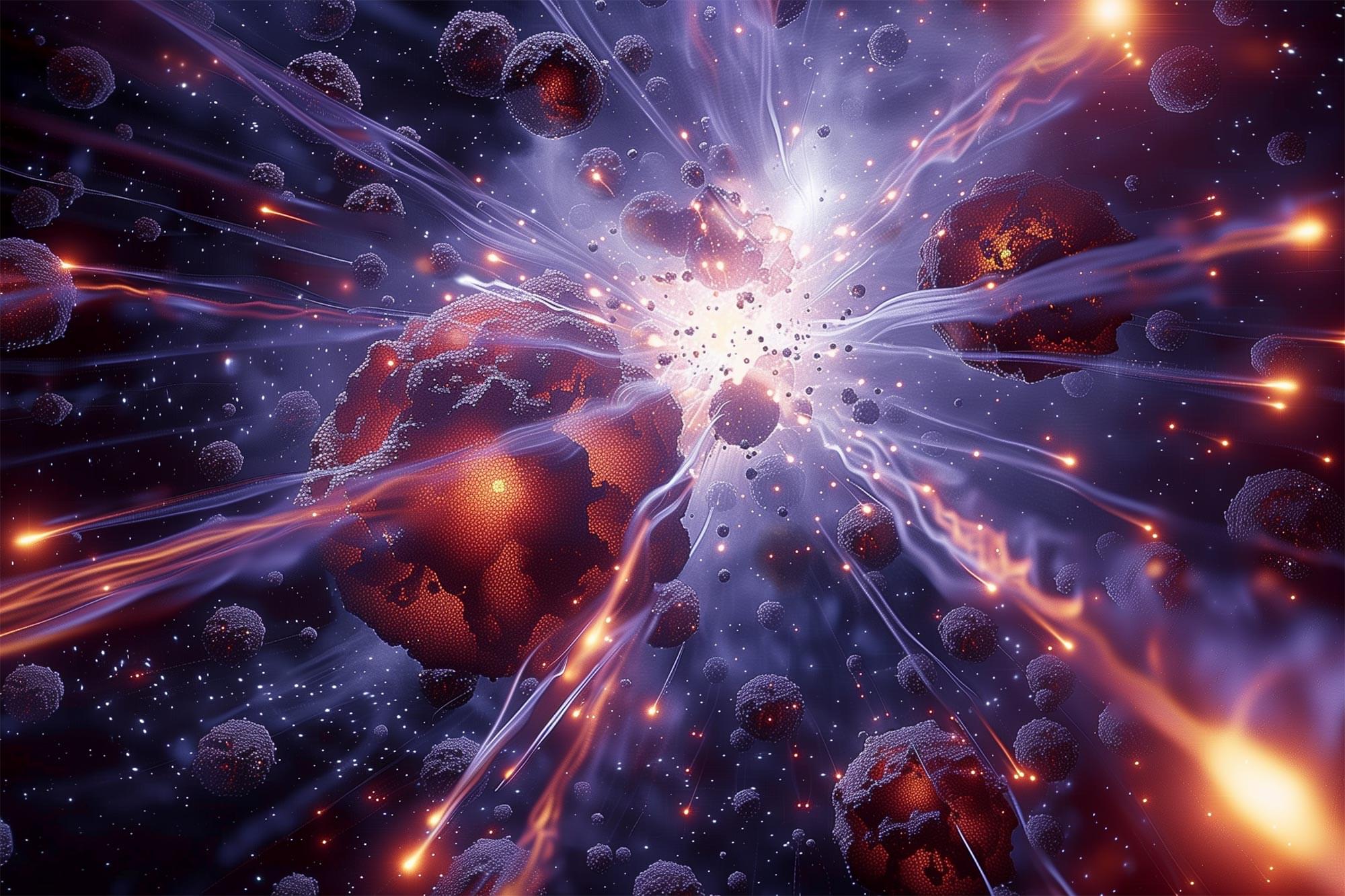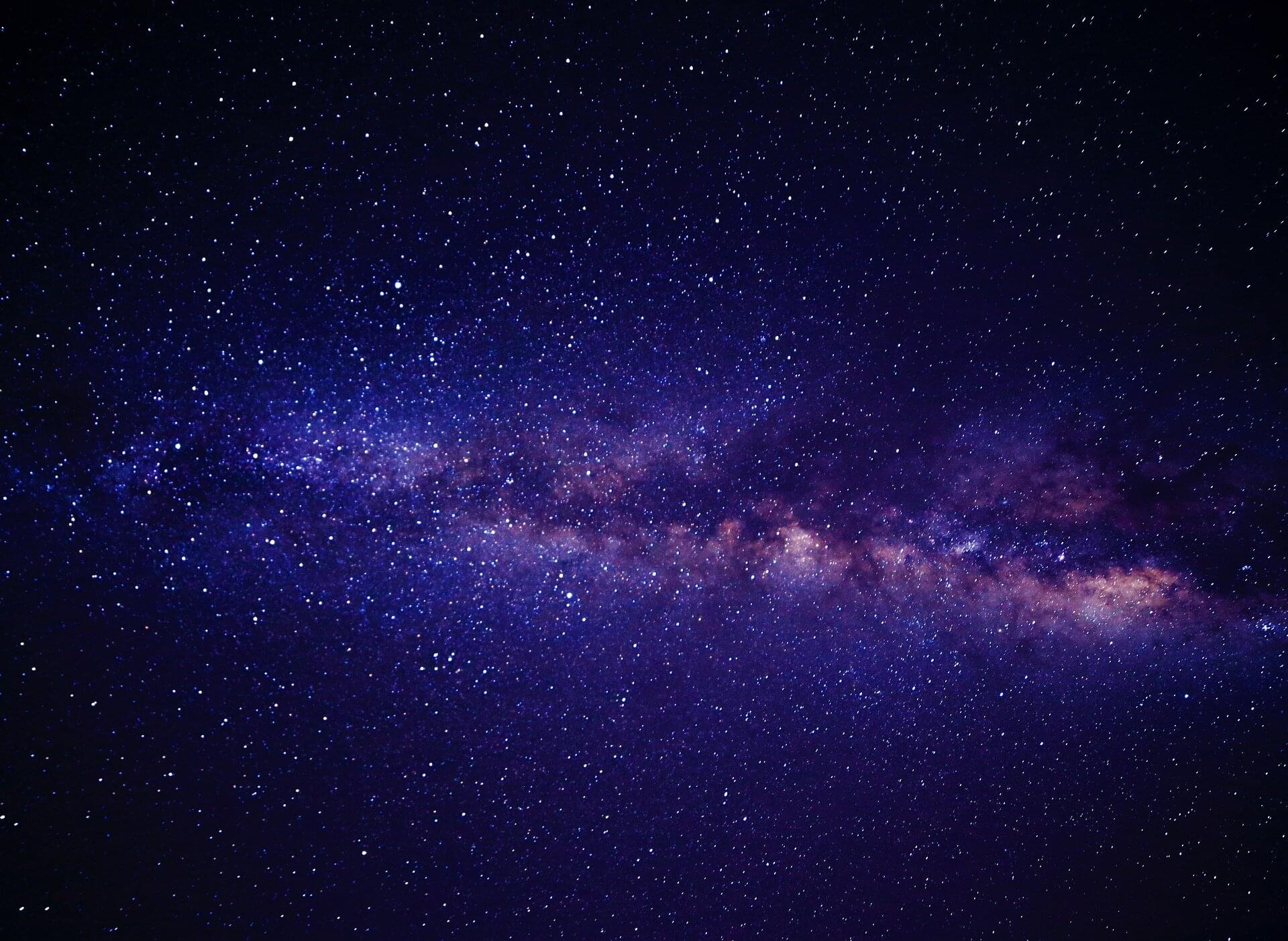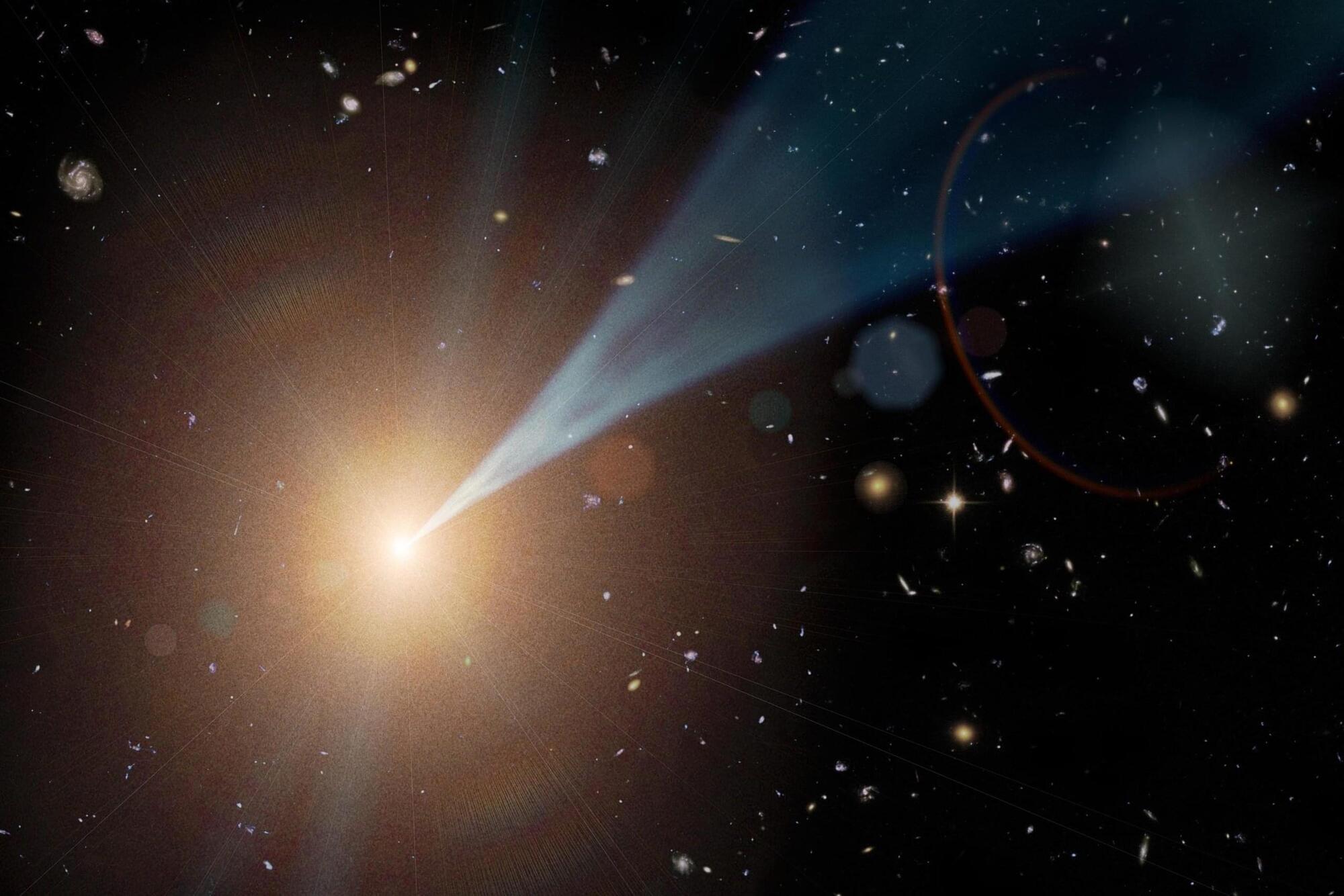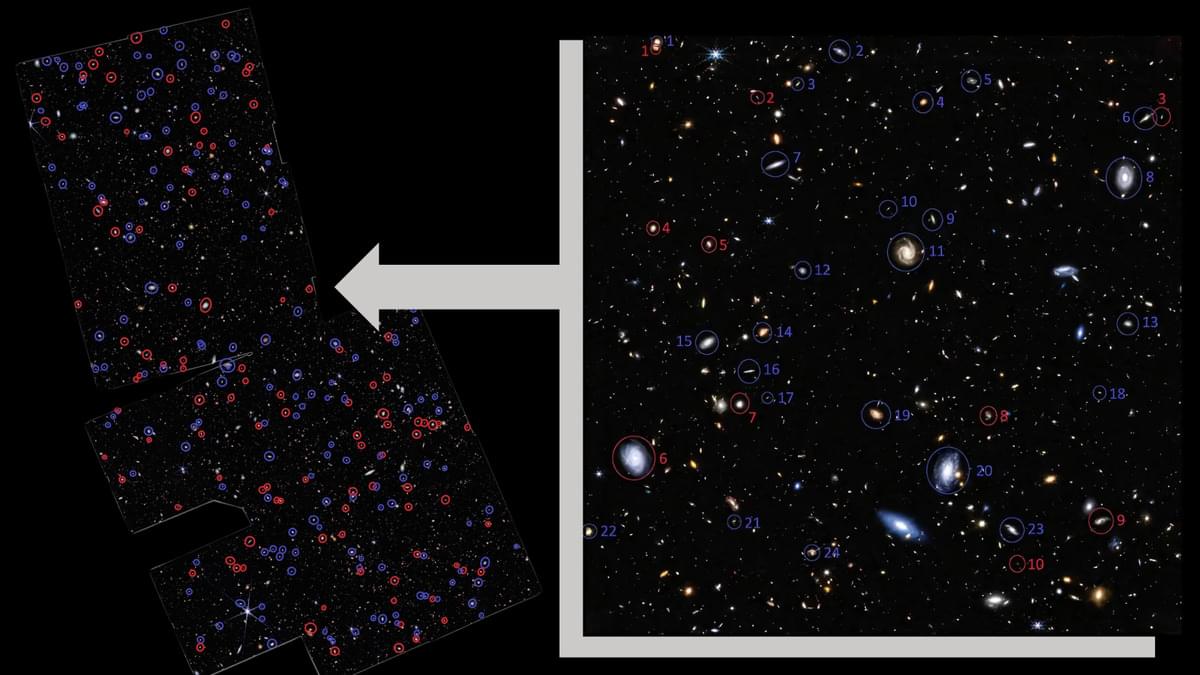Check out my quantum mechanics course on Brilliant! First 30 days are free and 20% off the annual premium subscription when you use our link ➜ https://brilliant.org/sabine.
In 2020, a group of MIT researchers detected an anomaly in the nuclei of ytterbium atoms. They said that the nuclei’s strange behavior might be indicative of a “dark force” caused by a currently-undiscovered mystery particle that might make up dark matter. In 2020, the anomaly only had a significance of 3 sigma. But now, another group has confirmed it at a whopping 23 sigma! What does that mean for physics? Let’s find out.
Paper: https://journals.aps.org/prl/abstract… Check out my new quiz app ➜ http://quizwithit.com/ 💌 Support me on Donorbox ➜ https://donorbox.org/swtg 📝 Transcripts and written news on Substack ➜ https://sciencewtg.substack.com/ 👉 Transcript with links to references on Patreon ➜ / sabine 📩 Free weekly science newsletter ➜ https://sabinehossenfelder.com/newsle… 👂 Audio only podcast ➜ https://open.spotify.com/show/0MkNfXl… 🔗 Join this channel to get access to perks ➜
/ @sabinehossenfelder 🖼️ On instagram ➜
/ sciencewtg #science #sciencenews #physics #darkmatter.
🤓 Check out my new quiz app ➜ http://quizwithit.com/
💌 Support me on Donorbox ➜ https://donorbox.org/swtg.
📝 Transcripts and written news on Substack ➜ https://sciencewtg.substack.com/
👉 Transcript with links to references on Patreon ➜ / sabine.
📩 Free weekly science newsletter ➜ https://sabinehossenfelder.com/newsle…
👂 Audio only podcast ➜ https://open.spotify.com/show/0MkNfXl…
🔗 Join this channel to get access to perks ➜
/ @sabinehossenfelder.
🖼️ On instagram ➜ / sciencewtg.
#science #sciencenews #physics #darkmatter
